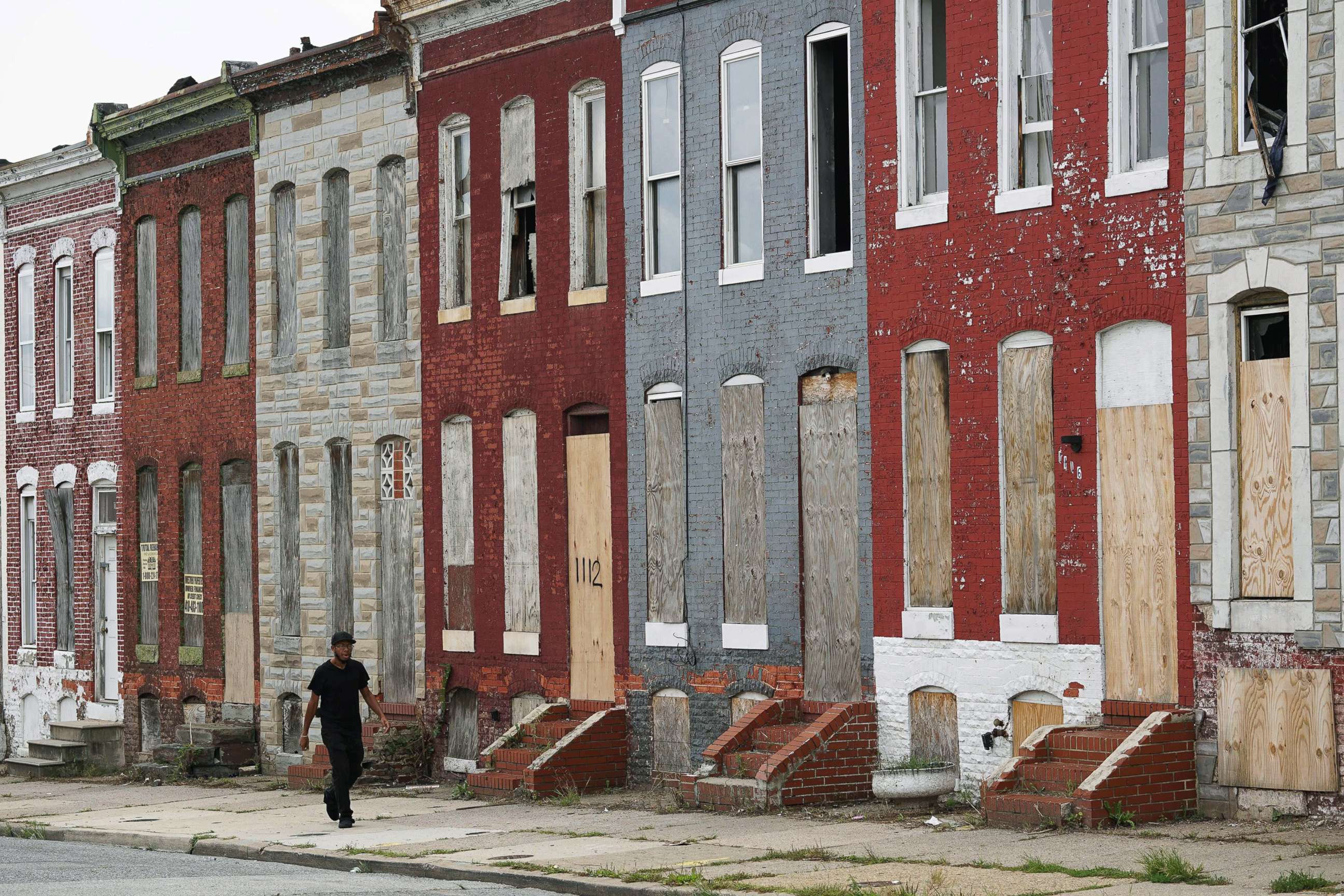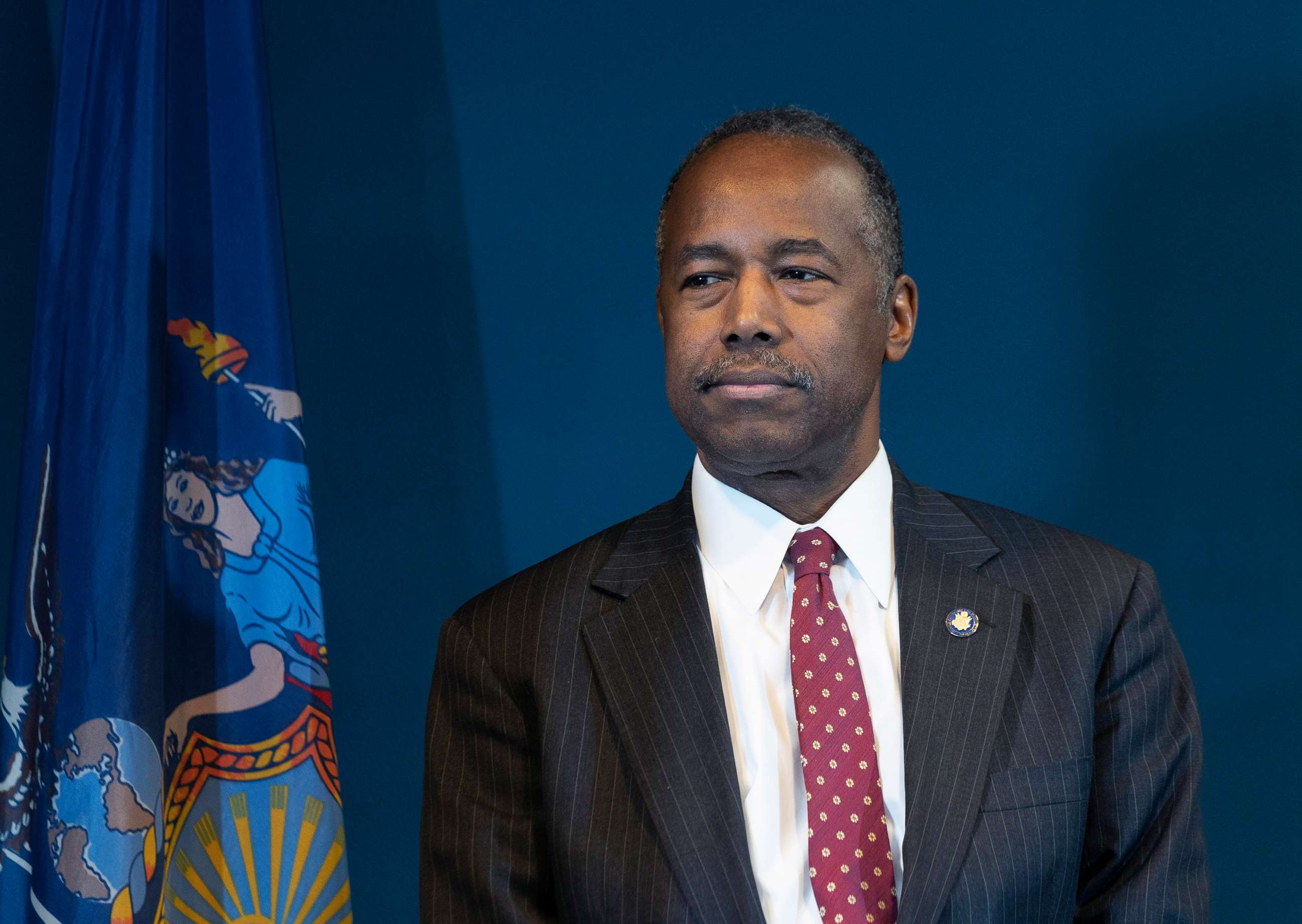Trump rule to make it tougher to prove discriminatory housing practices
New standard must show actions were 'arbitrary, artificial, and unnecessary'
The Trump administration on Friday proposed a new rule that would make it harder for Americans to file complaints of housing discrimination, a move officials said was necessary to protect businesses from unnecessary legal exposure.
Anti-poverty advocates and civil rights groups countered that the draft rule would worsen an already existing “racial wealth gap” in America at a time when African American homeownership is on the decline. They said changes to the rule were pushed aggressively by the insurance and lending industries who wanted more protection against any claims that their business practices might disproportionately impact minorities and women.
“The Trump administration designed these changes to make it much more difficult, if not impossible, for communities of color to challenge discriminatory effects in housing," Diane Yentel, president of the National Low Income Housing Coalition, said in a statement.
Ben Carson, secretary of the U.S. Department of Housing and Urban Department, said the administration is still committed to combating blatant housing discrimination and increasing affordable housing options for Americans. The rule, he said, was needed to clarify legal liability.

“At the end of the day, this rule not only increases Americans’ access to fair and affordable housing, but also permits businesses and local governments to make valid policy choices," Carson said.
At issue is how the government enforces the 1968 Fair Housing Act, which prohibits housing discrimination. Civil rights groups and anti-poverty advocates have long argued that even with the law, cities and states can perpetuate housing segregation through zoning laws, insurance and lending policies, as well as tax credits that often favor wealthier white families over others.
In 2015, the Supreme Court ruled 5-4 that this kind of “disparate impact” still matters, even if housing developers weren’t intentionally trying to discriminate. The case considered allegations by a Texas-based nonprofit that alleged the state enabled segregated housing patterns by allocating too many tax credits in low-income areas dominated by African Americans and did not supply enough tax credits in wealthier white suburban neighborhoods.
“The Court acknowledges the Fair Housing Act's continuing role in moving the Nation toward a more integrated society,” wrote Supreme Court Justice Anthony Kennedy, who was appointed by President Ronald Reagan. Kennedy has since retired.
Under the previous rule, if discrimination is alleged, the state or city had to show that its actions were necessary, not intentionally discriminatory and that there were no other options.
Under the new rule, much of the burden of proof would be shifted to the person or group claiming discrimination.
"In a nutshell, the rule relies upon three important words that the court itself used in its ruling and that is, whether the complaint upon practice is arbitrary, artificial, and unnecessary," HUD General Counsel Paul Compton told reporters in a phone call Friday.

Compton said the proposal actually brings government policy closer in line with the 2015 court ruling and uses much of the same language.
But housing advocates argued Friday that the change dismantles a tool used by people of color, families, people with disabilities and the LGBTQ community to combat the segregation they face.
Jesse Van Tol, CEO of the National Community Reinvestment Coalition a group that works to bring investment to underserved communities, said the rule would create an overly broad exemption to discriminatory practices.
“HUD’s proposal makes it far more difficult for those injured by stealth discriminatory policies to prove discrimination. The bar was already set high and HUD‘s proposal would put it in the stratosphere – it really strains credulity," Van Tol said in a statement.
The rule will be published Monday and will be open for 60 days of public comment.




